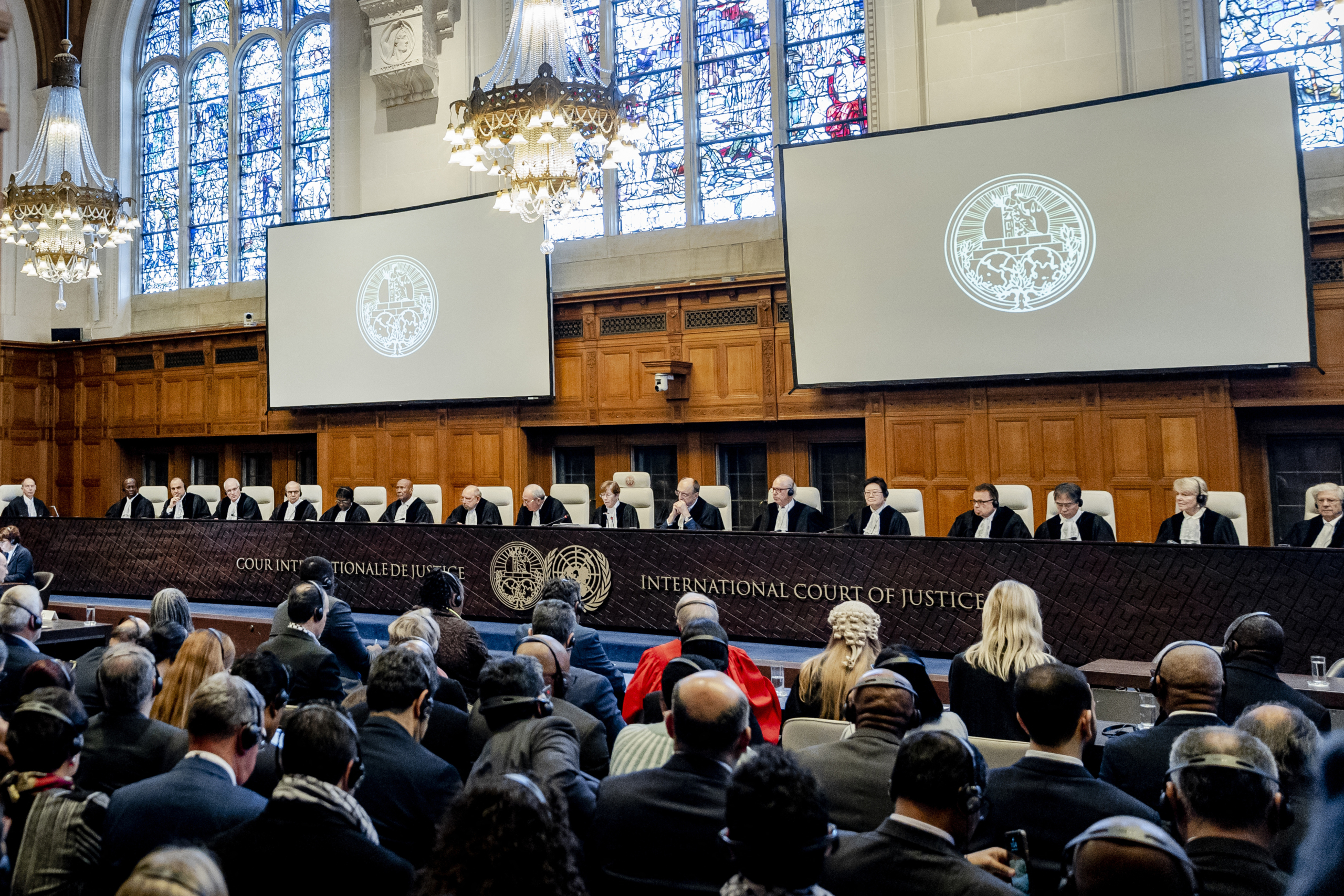Live Classes

The International Court of Justice’s ruling, that Israel must immediately stop its military offensive in Rafah, the southernmost city of Gaza, is the latest setback for the Jewish nation in a war that grinds on with heavy civilian casualties and no end in sight. In January, while hearing a genocide case against Israel that was filed by South Africa, the United Nation’s top court had asked Tel Aviv to take measures to prevent acts of genocide in Gaza. The court refused to order a ceasefire then, but has now come to the conclusion that Israel’s Rafah offensive could lead to a complete or partial destruction of the Palestinian population in the city. The court has also asked Israel to keep the Rafah crossing with Egypt open for aid delivery and allow UN investigators to gather evidence about alleged war crimes, besides demanding an immediate release of all hostages. The ICJ ruling comes days after the Chief Prosecutor of the International Criminal Court, Karim Khan, claimed that Israeli and Hamas leaders had committed war crimes and crimes against humanity in Gaza, and sought arrest warrants against Israel’s Prime Minister Benjamin Netanyahu, its Defence Minister Yoav Gallant and Hamas leaders Yahya Sinwar, Mohammed Deif and Ismail Haniyeh. Israel appears to be unperturbed by these developments. Immediately after the ICJ issued its ruling, Israeli fighter jets pounded Rafah. The ICJ rulings are binding, but the court lacks the mechanisms to implement them.
More than seven months after the war began, which was triggered by Hamas’s October 7 cross border attack on Israel in which at least 1,200 people were killed, Tel Aviv seems to be fighting in the dark. When it launched the war, Mr. Netanyahu said he would crush Hamas and release hostages. Today, Israel is fighting Hamas even in northern and central Gaza where it had earlier declared victory. At least 120 hostages, most of them feared dead, are still in Hamas’s captivity. The war is marked not just by the incompetence of the Israeli Defence Forces. Its disproportionate use of force on Gaza has made the strip into a graveyard, which has turned international public opinion against Israel. Last week’s decision by Norway, Ireland and Spain to recognise the state of Palestine shows how the line of thinking is changing even in the West. Mr. Netanyahu appears to be irrationally adamant today. His only focus is on a war that has done little to bolster Israel’s security. Israel has not met its military objectives; its deterrence has been broken twice, peace with Arabs stands shattered, it stands isolated in the world, there could be an arrest warrant against its leaders and there is a ruling by the ICJ against the way it is conducting the war. By seeking to punish the entire Palestinian population in Gaza for what Hamas did, Mr. Netanyahu is rendering Israel’s standing weaker and the international support for the Palestinian cause to grow stronger.
The territorial Jurisdiction of the ICC:
ICC's record against high-level state officials: